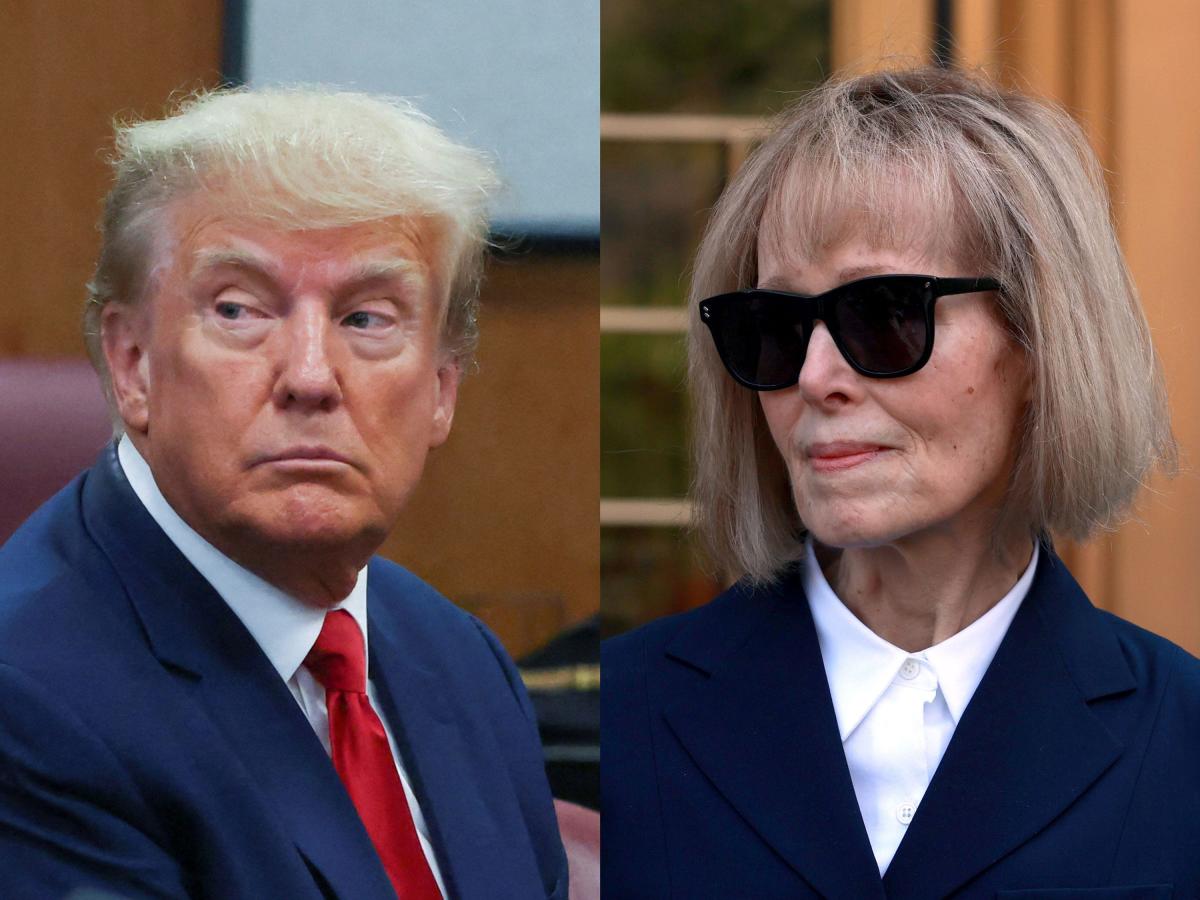Guest Opinion. Last Monday, the United States paid tribute to the brave men and women who made the ultimate sacrifice to defend our freedom. This day resonates deeply with the Navajo people whose citizens heroically served as the renowned Navajo Code Talkers in the Pacific Theater during World War II.
The Code Talkers are remembered for transmitting more than 800 messages in the Navajo language without a single error in battles in the South Pacific. Many of these Code Talkers never returned to their families. They sacrificed their lives to ensure the success of the Manhattan Project and, ultimately, victory in World War II.
Reflecting on this proud service of the Navajo Nation to our great country, I am reminded of another chapter in our shared history. This chapter left an indelible scar on our land and our people.
From the 1940s to the 1990s, the U.S. government and private companies exploited the Navajo Nation to supply uranium for nuclear weapons and energy, critical to assert America’s dominance during the Cold War. The uranium extracted from our lands was pivotal to address the rise of the Soviet Union and communist dictatorships worldwide.
Unfortunately for the Navajo Nation, this contribution came at a devastating cost – some say the highest of the Cold War.
When ownership of the mines transferred from the federal government to private companies in 1971, the U.S. failed to enforce proper safety standards. This negligence left 523 abandoned uranium mines across our land, unregulated until the last one closed in 1990.
Unaware of the deadly dangers of radiation exposure, miners and their families lived amidst toxic hazards. They drank the mine’s cool spring water, washed yellowed work clothes, built homes with contaminated rocks and sediment, and let their children play on uranium byproducts and mine debris.
Despite the U.S. government’s awareness of these risks, Navajo people weren’t told and did not even know what radiation was, let alone understand the peril it presented.
The consequences were dire: cancers, miscarriages and mysterious illnesses have plagued our community for decades. This is a direct result of America’s race for nuclear hegemony. This so-called accomplishment was built on the suffering and sacrifice of Navajo men, women and children – the real human cost of nuclear weapons development in the United States.
Growing up in Red Mesa, Arizona, a community shadowed by an abandoned uranium mine, I witnessed firsthand the heartbreaking and enduring consequences of uranium mining on my people. Despite the passage of the Radiation Exposure Compensation Act (RECA) in 1990, justice remains elusive for Navajo families who continue to suffer from the devastating health and environmental effects. While RECA has provided life-saving healthcare for some uranium miners, its limited scope has left many without recourse or compensation.
By today’s reckoning, the list of diseases covered by RECA is woefully incomplete. The 1990-era law excludes conditions like renal cancer, nephritis and kidney tubal tissue injury due to insufficient scientific data linking them to radiation exposure. Moreover, RECA excludes Navajo miners employed after 1971, despite the unchanged nature of their work and the dangers they faced.
Right now – today – Congress stands at the brink of correcting this grave injustice. Approving a RECA expansion – rather than an empty extension – would finally bring justice and hope to the Navajo families that grapple with the aftermath of the arms race.
Senate Bill 3853 has already passed the Senate with a bipartisan 69-30 vote. President Biden has committed to sign it into law. My administration has worked tirelessly with the House of Representatives, and I am confident it has majority support to pass. Yet, House leadership continues to play politics with my people’s lives. Speaker Johnson’s recent remarks underscore this which note the bill’s support from only 20 of 49 Republicans in the Senate.
In these polarized times, one might wonder what could compel 20 Senators to cross the aisle. Perhaps it was the story of Leslie Begay, a Marine veteran and uranium miner, whose advanced lung disease necessitated a double transplant and a lifetime reliance on oxygen canisters.
Or maybe it was the story of Lena Dick Cason, whose father unknowingly brought home contaminated water from the mines and died of lung disease at age 43. Soon after, Ms. Cason herself battled stomach cancer and a brain tumor.
These human beings are not mere statistics or partisan symbols. They are everyday American patriots who served the United States with honor. Their only thank-you for years of patriotic service has been death, disease and decades of advocacy to recognize their sacrifice.
It is time to put people over party and bring RECA to a vote now. Let us show the country that justice and humanity transcend political divides. The Navajo Nation has given so much.
It is time for America to give back.
Dr. Buu Nygren is the president of the Navajo Nation.
About the Author: “Levi \”Calm Before the Storm\” Rickert (Prairie Band Potawatomi Nation) is the founder, publisher and editor of Native News Online. Rickert was awarded Best Column 2021 Native Media Award for the print\/online category by the Native American Journalists Association. He serves on the advisory board of the Multicultural Media Correspondents Association. He can be reached at levi@nativenewsonline.net.”
Contact: levi@nativenewsonline.net
Signup bonus from



